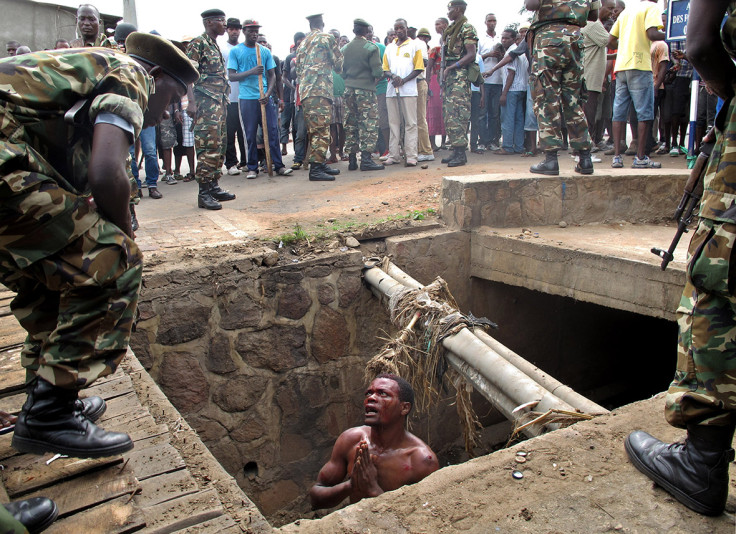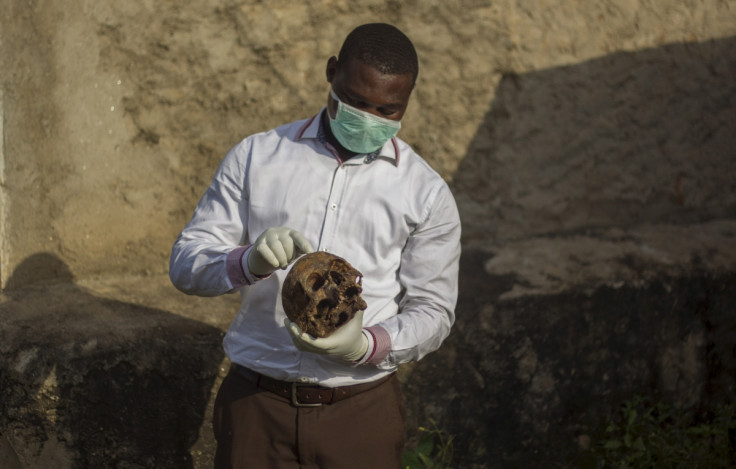Burundi: Lawyer slams attorney general's warning to families not to submit evidence to ICC

Days after IBTimes UK revealed 60 Burundian families appealed to the International Criminal Court (ICC) and High Commissioner for Human Rights to investigate alleged crimes against humanity committed in Burundi, the nation's Attorney General has called on families of victims of alleged extra-judicial executions to provide evidence for investigations, warning them not to submit it to the ICC.
The bloody crisis that has killed up to 900 people, pits supporters of President Pierre Nkurunziza against those who say that his re-election in July 2015 for a third term violated the nation's constitution. After a failed coup, the government intensified its crackdown and most of those arrested or disappeared today are young men and women accused of participating in or supporting opposition groups, including armed groups whose attacks have also left dozens dead.
In a statement on Tuesday (29 March), the conflict-ridden nation's Attorney General Valentin Bagorikunda alleged that evidence submitted to the ICC or the United Nations could be "manipulated".
"The Attorney General invites all the families of the victims... to submit their complaints and other evidence in order that investigations be initiated," Bagorikunda stated. "If, by chance, some unlawful acts committed on the territory of Burundi have not been prosecuted, it is because they have not been reported to the public prosecutor," he said.
Attorney general comment 'betrays nervousness'
Bernard Maingain, one of the three lawyers who have already written to the ICC and the High Commissioner for Human Rights, criticised Bagorikunda's statement, highlighting that families want to work with professionals and independent investigators as well as provide all the information available to them so that the alleged crimes against humanity do not go unpunished.
Speaking from Brussels, Maingain exclusively told IBTimes UK that legally, the prosecutor in Burundi should not wait for victims' complaints to investigate. "It should investigate as soon as it has knowledge of facts and to date – obviously the Prosecutor General's investigations do not work".

The lawyer also stated that, if the families decided to mandate an international team of lawyers "it is because there is loss of confidence in Burundi investigators under the leadership of the Prosecutor General", while Bagorikunda's comments "betrays the nervousness of the Burundian judicial authorities, at least those who did not conduct investigations".
Families will see this effort through to the end and bring perpetrators to justice, Maingain said, adding these could also include members of the judicial system. "Threats against lawyers will not weaken the defense of victims," he said.
Collecting evidence of extra-judicial executions
Duly mandated, the lawyers have requested that the families of the victims they represent are permitted to actively collaborate with the authorities, through the collection of evidence regarding the circumstances of the alleged executions and the identification the authors and accomplices of the purported murders.
"60 families have given us a mandate to collaborate with the ICC with regards to the collection of evidence of extra-judicial executions. This represents a first big step, because they are willing to be heard, and to bring forward evidence of these crimes," Maingain told IBTimes UK on 24 March.
Set up in 2012, the ICC investigates and tries those responsible for genocide, war crimes and crimes against humanity, where national authorities cannot or will not prosecute.
© Copyright IBTimes 2025. All rights reserved.






















